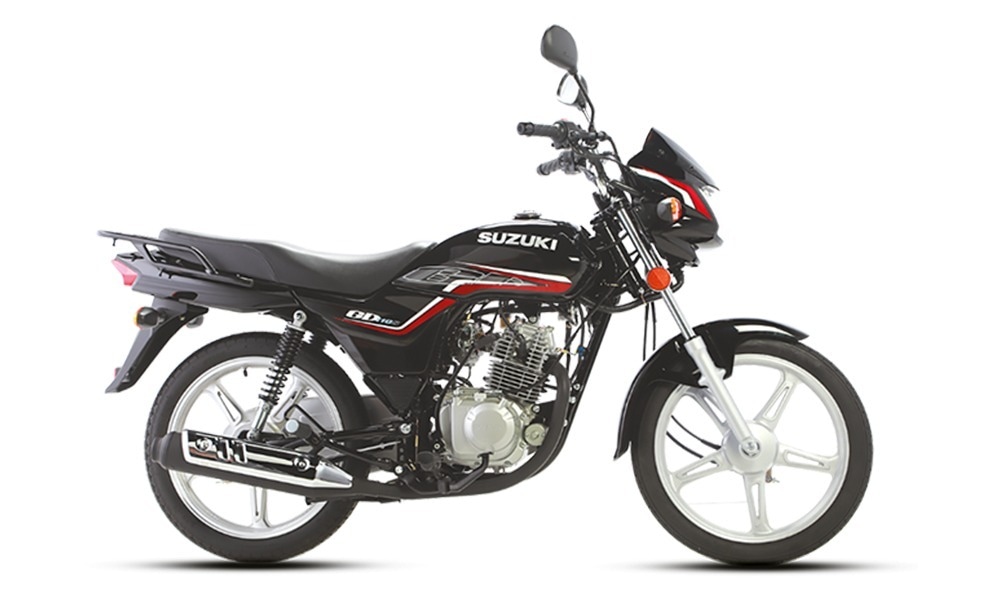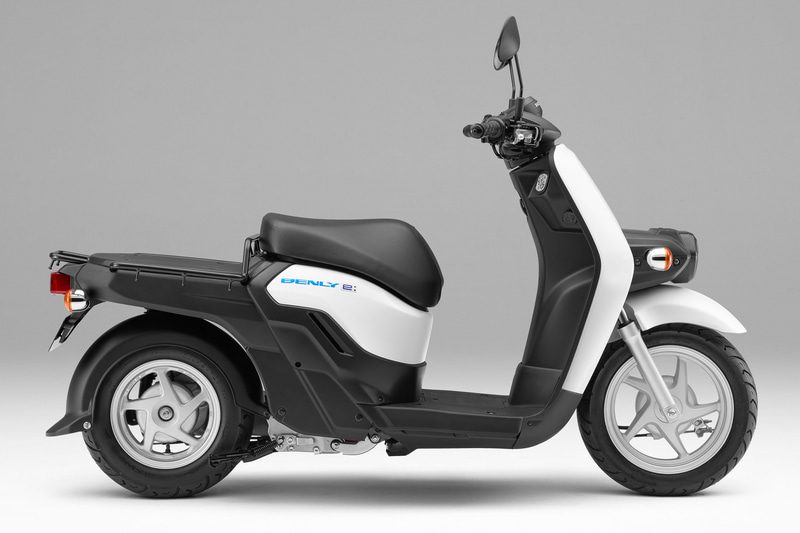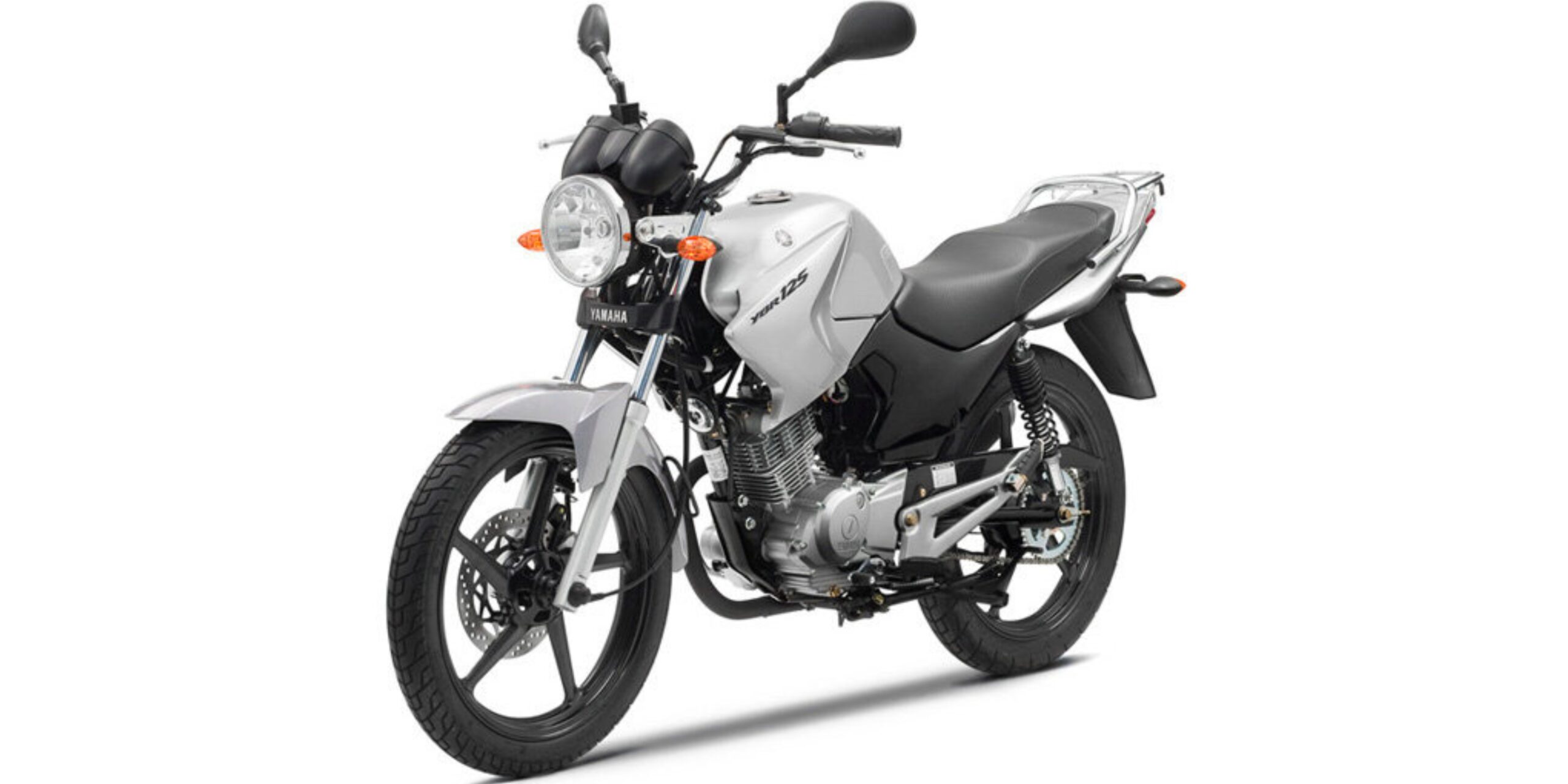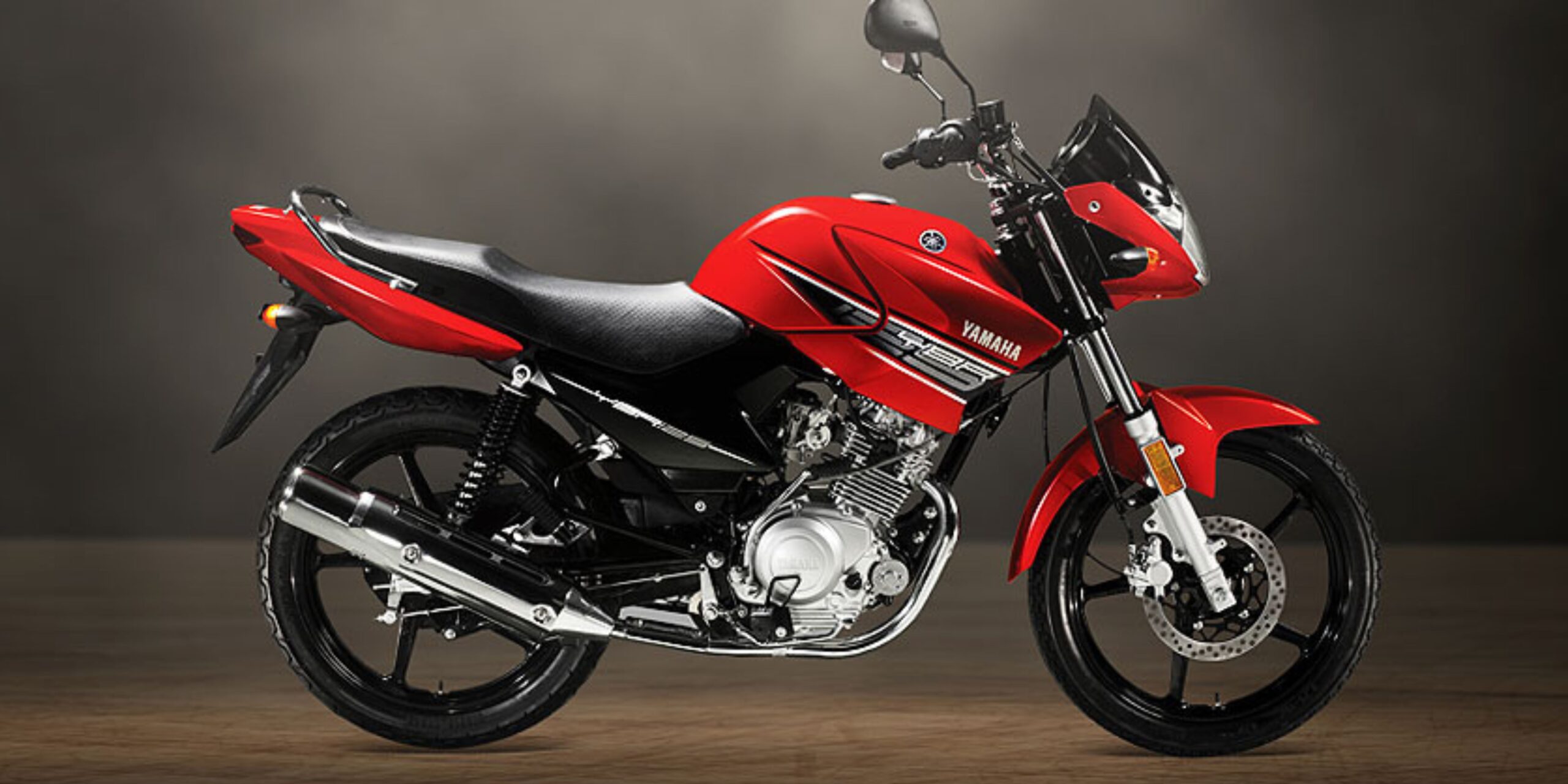In the ever-evolving landscape of the motorcycle industry, Suzuki’s remarkable resurgence shines as a beacon of hope. Yet, as the Japanese motorcycle manufacturer celebrates its revival, it faces a persistent challenge shared by many in the market – declining bike sales. While Suzuki’s remarkable recovery has garnered attention and praise, the industry’s overall struggles cannot be ignored.
In this blog, we will embark on a journey to dissect the intricacies of Suzuki’s resurgence and the underlying challenges that continue to cast a shadow over bike sales. We will explore the strategies employed by Suzuki to overcome these hurdles and navigate the complex market dynamics.
As we delve deeper, our discussion will be structured around five key headings:
Suzuki’s Resurgence
A Glimpse into the Motorcycle Manufacturer’s Revival
Suzuki’s resurgence in the motorcycle industry is a testament to its adaptability and innovation. Despite the persisting challenges in the market, Suzuki has managed to revitalize its brand and regain its competitive edge. This revival can be attributed to several key factors.
First and foremost, Suzuki’s commitment to research and development has yielded a series of cutting-edge motorcycle models. These bikes not only meet stringent environmental standards but also offer enhanced performance and rider experience. Suzuki’s dedication to improving their product lineup has played a pivotal role in their resurgence.
Furthermore, Suzuki has strategically expanded its global presence, tapping into emerging markets and strengthening its foothold in established ones. By diversifying its product offerings and catering to a wide range of consumer preferences, Suzuki has effectively widened its customer base.
In conclusion, Suzuki’s resurgence is a remarkable tale of resilience and adaptability in the face of industry challenges. By staying true to their commitment to innovation and expanding their global reach, Suzuki has not only revived its brand but also set an inspiring example for the motorcycle industry as a whole.
Understanding the Ongoing Challenges in the Bike Sales Market
Despite Suzuki’s resurgence, the motorcycle industry grapples with persistent challenges in the bike sales market. These challenges are rooted in complex market dynamics and shifting consumer preferences.
One significant challenge is the increasing demand for alternative modes of transportation, such as electric scooters and bicycles, driven by environmental concerns and changing urban landscapes. This has led to a decline in traditional motorcycle sales.
Additionally, economic uncertainties and fluctuating fuel prices have affected consumer spending patterns, impacting the affordability and appeal of motorcycles. Furthermore, stringent emissions regulations in various regions pose engineering and cost challenges for manufacturers.
In conclusion, understanding the ongoing challenges in the bike sales market is crucial to devising strategies for sustained growth. While Suzuki’s resurgence is commendable, addressing these industry-wide hurdles requires collaboration, innovation, and a deep understanding of evolving market dynamics.
Why Are Bike Sales Still Facing Headwinds?
To comprehend why bike sales continue to face headwinds, it’s essential to delve into the intricate dynamics of the motorcycle market. Several factors contribute to the persistent challenges.
One key factor is the demographic shift among potential motorcycle buyers. Younger generations, often burdened by student loans and urban living costs, are postponing major purchases, including motorcycles. This demographic shift has impacted the market’s traditional customer base.
Moreover, the rise of ride-sharing services and the convenience of public transportation in urban areas have reduced the need for personal vehicles, including motorcycles. These changing transportation patterns have affected bike sales significantly.
Additionally, evolving safety regulations and the increasing costs associated with motorcycle ownership have deterred some potential buyers. As a result, the motorcycle market has become increasingly competitive, requiring manufacturers to adapt to these shifting dynamics.
In conclusion, comprehending the market dynamics affecting bike sales is vital for manufacturers and industry stakeholders. Suzuki’s resurgence provides insights into how companies can navigate these challenges by adapting to changing consumer behavior and regulatory landscapes.
Suzuki’s Strategies for Overcoming Sales Hurdles
Suzuki’s remarkable resurgence is not solely a stroke of luck; it’s the result of well-thought-out strategies aimed at overcoming sales hurdles. These strategies offer valuable lessons for the industry.
One key aspect of Suzuki’s success lies in its commitment to research and development. The company has invested heavily in creating innovative, environmentally-friendly motorcycles that appeal to a broader customer base. This approach has allowed Suzuki to stay ahead of regulatory changes and consumer preferences.
Another pivotal strategy has been Suzuki’s focus on global expansion. By entering emerging markets and strengthening its presence in established ones, Suzuki has diversified its customer base and reduced its reliance on any single market.
In addition, Suzuki has embraced digital marketing and e-commerce, making it easier for customers to explore and purchase their products. This shift towards a digital-first approach has helped the company adapt to changing consumer behaviors.
In conclusion, Suzuki’s strategies for overcoming sales hurdles are a testament to their resilience and adaptability. By investing in innovation, expanding globally, and embracing digital transformation, Suzuki has positioned itself for long-term success in a challenging market.
Can the Motorcycle Industry Overcome the Sales Slump?
The future outlook for the motorcycle industry hinges on its ability to address the persistent sales slump and adapt to evolving market dynamics.
The industry faces both challenges and opportunities. On one hand, the shift towards electric and sustainable transportation presents a chance for motorcycle manufacturers to innovate and cater to environmentally-conscious consumers. Electric motorcycles and e-scooters are gaining popularity, offering a glimpse into a potentially brighter future.
However, to seize these opportunities, the industry must also navigate regulatory hurdles and invest in the development of affordable electric vehicles. Additionally, motorcycle manufacturers must continue to improve safety features and rider experience to attract a wider audience.
In conclusion, the motorcycle industry’s future is uncertain, but not without hope. Suzuki’s resurgence demonstrates that with innovation, global expansion, and strategic adaptation, manufacturers can overcome sales slumps and thrive in an ever-changing market landscape.









